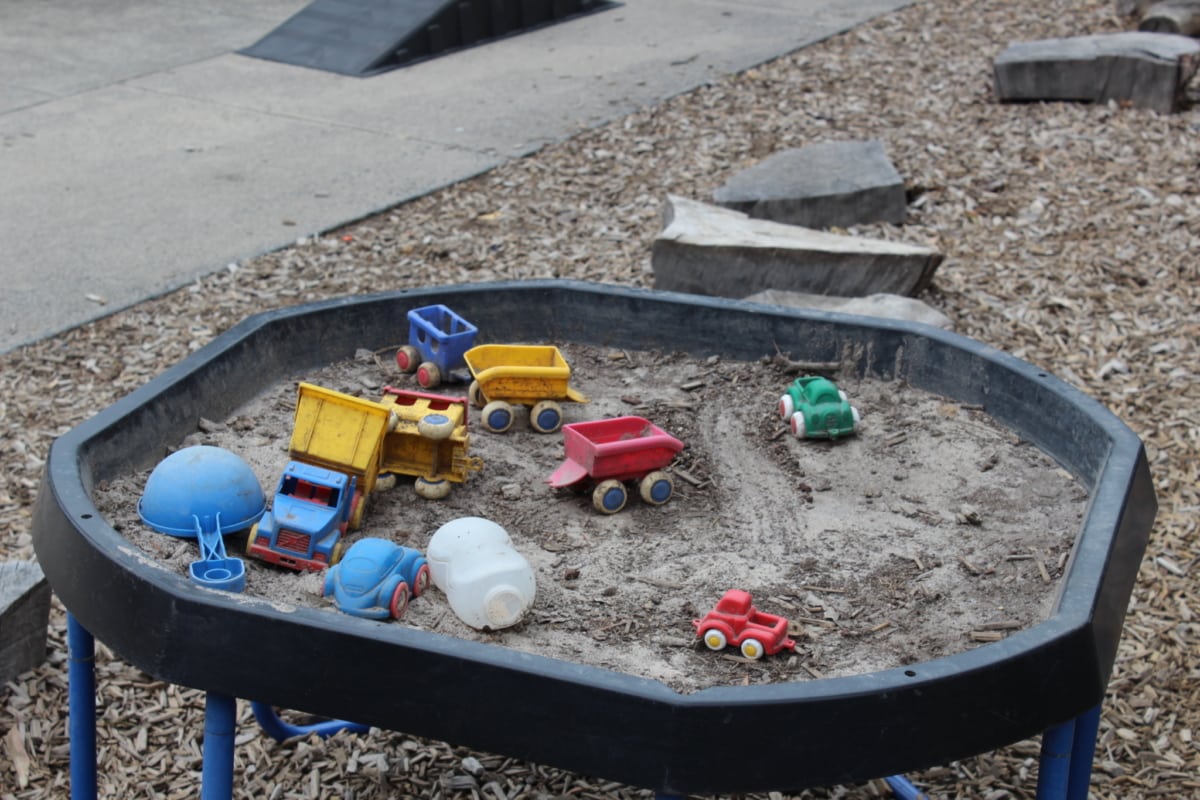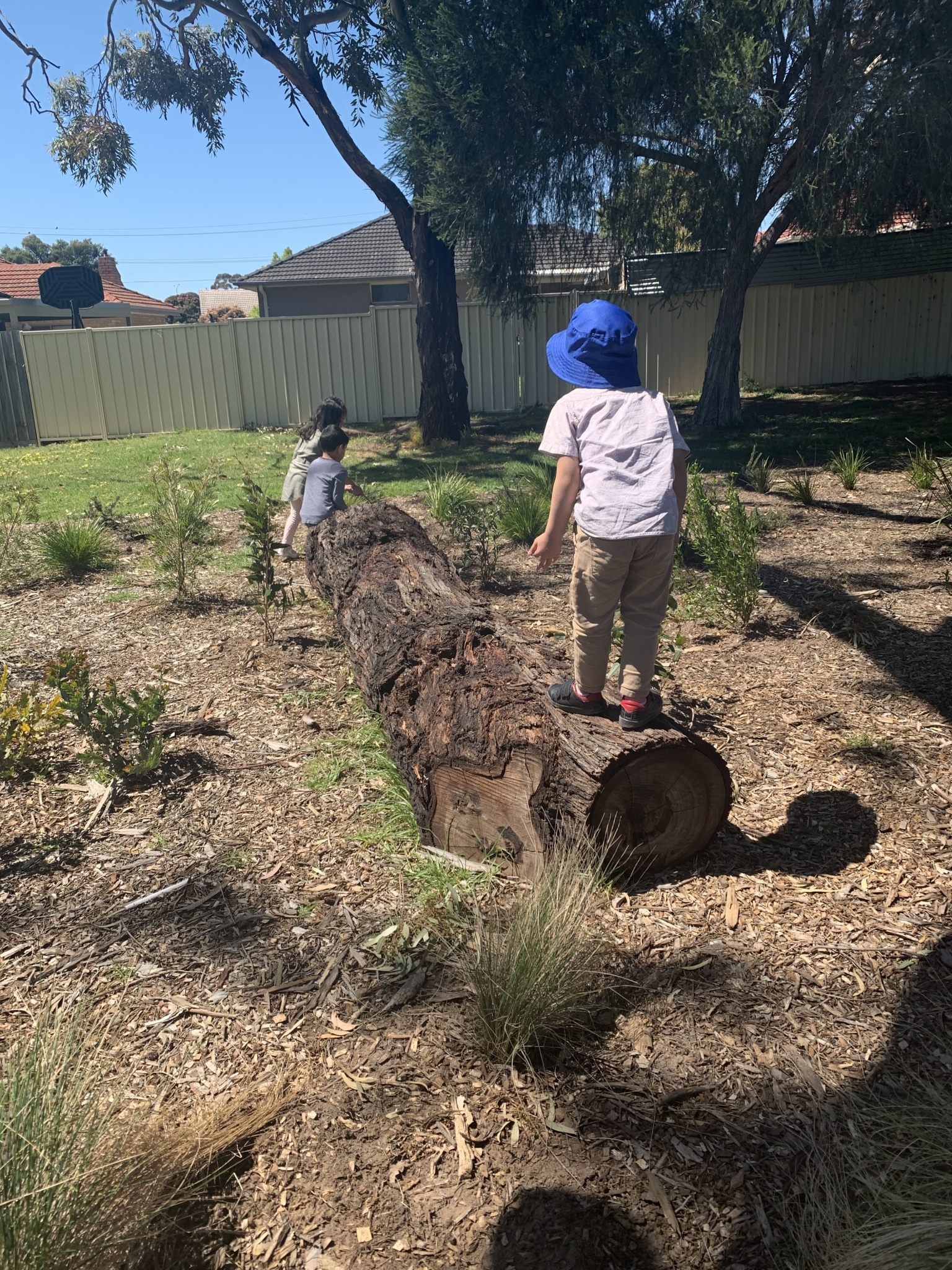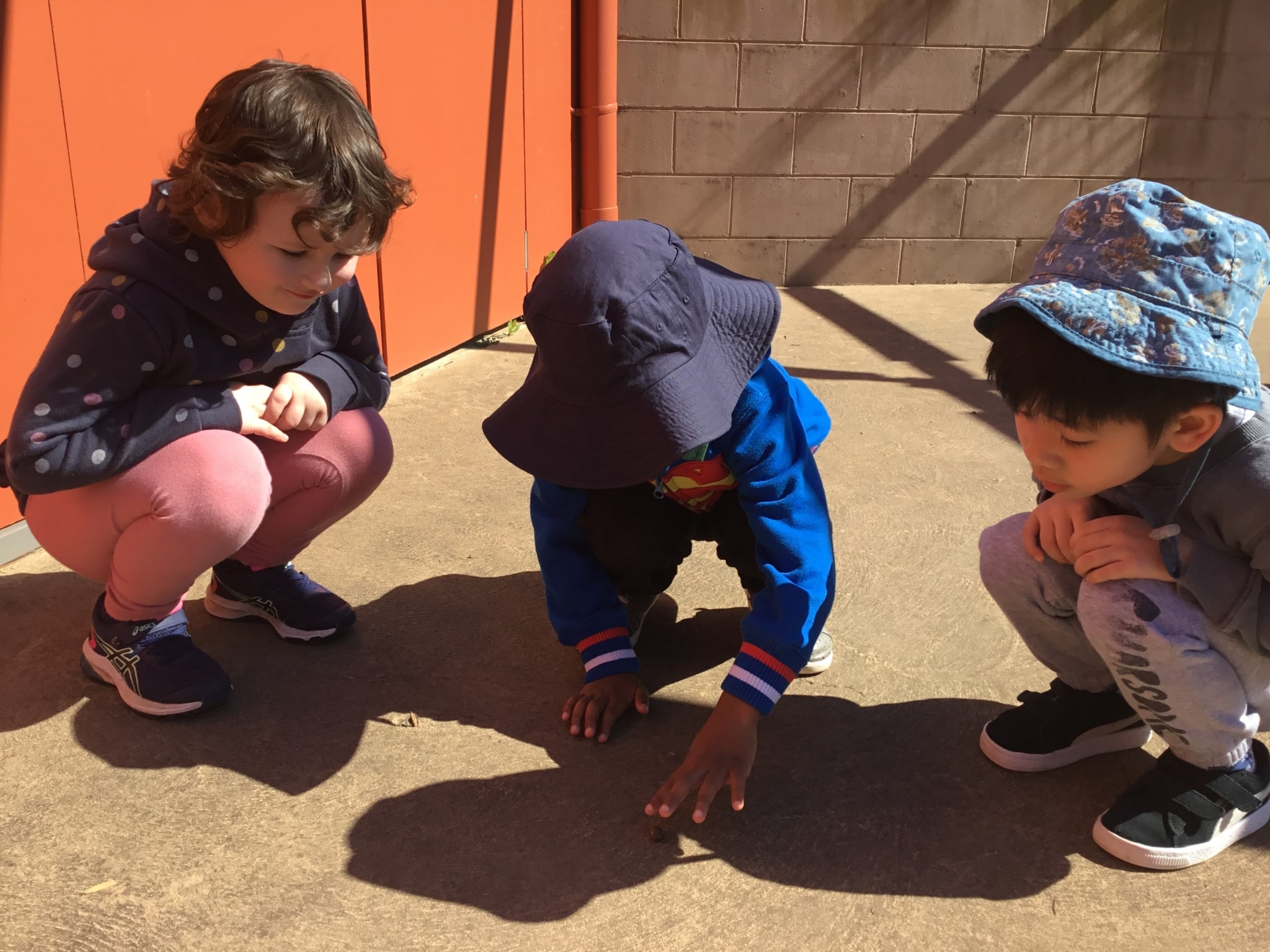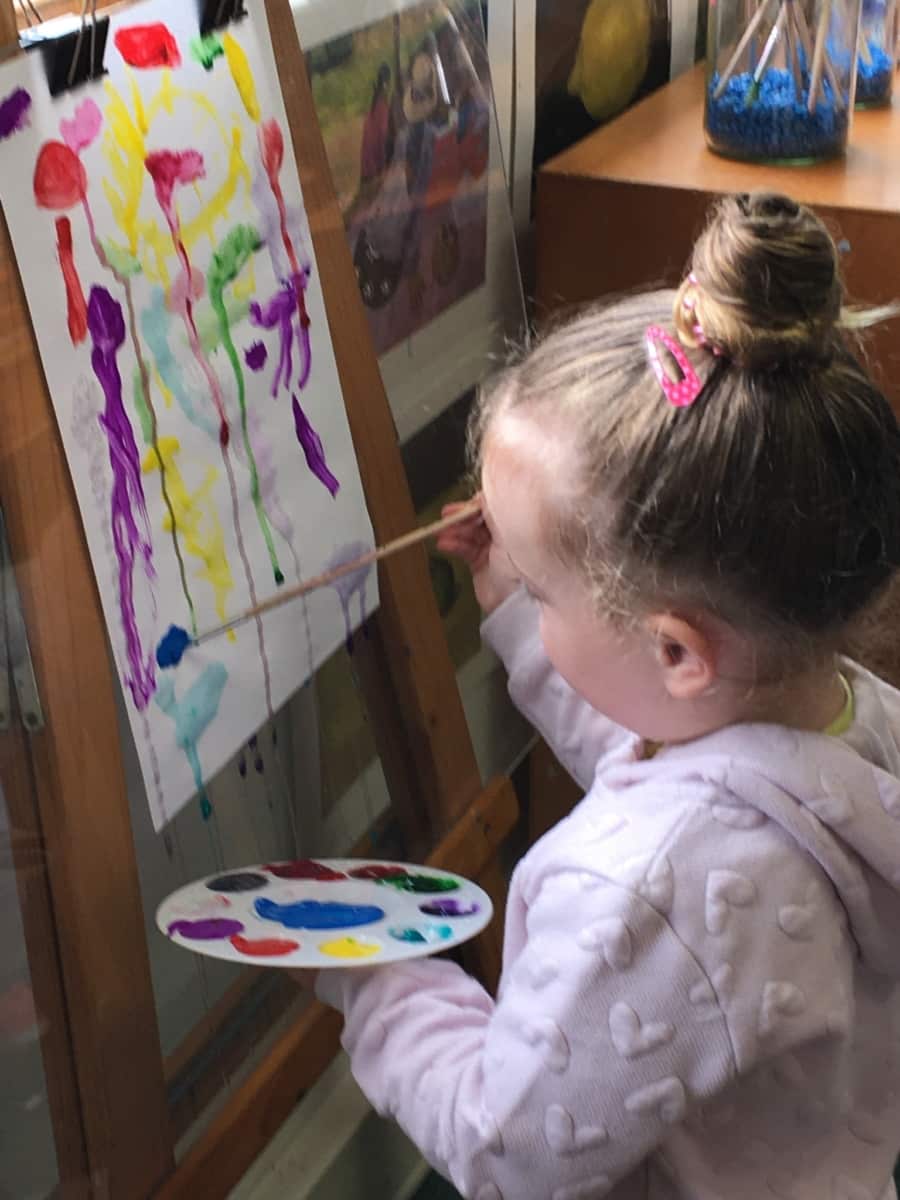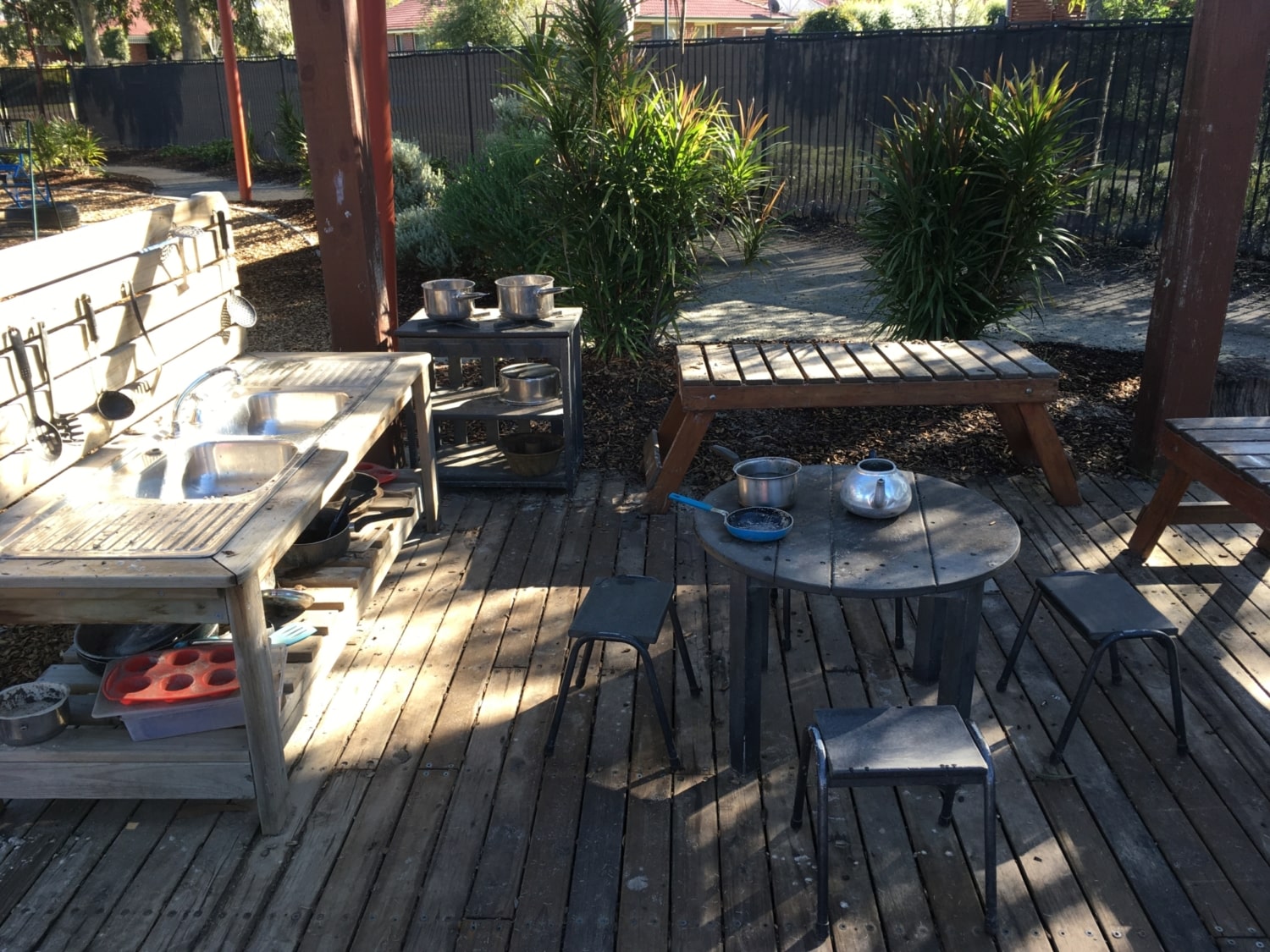The Science of Play:
The Importance of Play-based Learning
As you look for the right Kindergarten for your child, you will come across the term “play-based learning” more times than you can count.
But what does “play-based learning” mean and why is it important?
To put it simply; children learn through playing. During the act of play children are exploring, taking risks, engaging their imagination, and solving problems. They are learning valuable skills that support social, physical and cognitive development.
The Early Years Learning Framework defines play-based learning as ‘a context for learning through which children organise and make sense of their social worlds, as they engage actively with people, objects and representations’.
Play-based learning appeals to children’s natural curiosity and their desire to engage in experiences based on their own unique interests, as they make sense of the world around them. In play-based learning programs, educators tailor their teaching opportunities to align with the type of play the children are engaging in.
Elements of play-based learning
For play-based learning to work, educators create a very deliberate environment that encourages the child to participate. Play-based learning involves the following elements:
Self-direction: The child chooses what they play and how they play. Adults can supervise, accompany or potentially suggest ideas, but the child decides the rest.
Unstructured Exploration: The child is allowed to explore for themselves and select objects or activities based on their own interests. It is important that the environment includes lots of options, but it is ultimately left up to the child.
Fun: Play must be enjoyable for the child. Adults should not force certain activities as it’s important that the child is enjoying what they are doing.
Process-oriented: It is the process of the play that is important, there is no end goal or correct response.
Benefits of play-based learning
Language and literacy development
Studies show that play promotes a child’s literacy and language development. During preschool years, a child’s vocabulary grows and develops significantly and play-based learning encourages conversations to occur in a natural way. Even participating in individual play-based learning encourages language and communication. A child will often speak to themselves while playing or narrate the toys they are playing with, even acting out multiple sides of a conversation.
When playing with each other, children engage in different forms of communication, including storytelling, negotiation, and goal sharing. For example, when playing “school,” children will decide who is the teacher and who are the students.
Adults can support language development through play by encouraging conversation, asking questions, and introducing new words.
Social and emotional skills
Play-based learning is important to a child’s development of social and emotional skills, such as the ability to develop positive relationships with peers. As children play together, they learn to get along with one another, cooperate, communicate effectively, problem solve and resolve conflicts. They are learning to take turns, wait and share their materials. These are crucial skills for later in life!
Play also has a positive impact on the development of emotional skills. As children play they learn about empathy, recognising their emotions and how to regulate them. Commonly known as “Play Therapy”, psychologists encourage play as a stress relief and as a healthy way for children to work through their stressors.
Calm play can also allow a child time to recharge and process information when a day has become too much.
Creativity and imagination
Imagination and creativity may seem as if they come naturally to children, however, they are skills that are learned and developed.
Play is crucial in helping children navigate scenarios in their lives, either imagined or real. This is why the self-directed element of play-based learning is so important; play must be chosen freely to foster the imaginative environment.
A child can use anything to spark imagination, for example, a stick in the garden could be a sword, a fishing rod or a spoon. Whether they are pretending to be a firefighter, mother, doctor or teacher, children are creatively problem-solving. This supports them to grow into creative, resilient adults who are able to adapt to the world around them.
Confidence and a positive attitude towards learning
One of the most important benefits of play-based learning is confidence. Confidence helps a child develop the ability to try new things and take risks. Allowing children to choose the way they play enables them to grasp concepts more easily because they are interested and engaged in what they are learning. It also encourages independence in their learning as they lead the way.
They are not relying on an adult to tell them the correct answer or instruct them on what to do, but rather, they are deciding for themselves.
Being able to learn at their own pace also helps a child develop a positive attitude to learning. In play-based learning there is no pressure on the end result, the process is what is important and they can enjoy the learning without stress.
Motor Skills
Last, but definitely not least, play helps children to develop both fine and gross motor skills. Play activities like throwing, climbing, running and jumping develop gross motor skills, balance and hand-eye coordination. Fine motor skills are developed through play activities such as drawing, painting, building or roleplaying.
What to look for in a play-based program
A quality play-based program can be hard to find if you don’t know what you’re looking for. Here are some suggestions of what to look out for as you search for the right kindergarten for your child:
- Look at whether the kinder has both indoor and outdoor play areas.
- Ask if a program contains long periods of uninterrupted play.
- Check that the rooms have a variety of spaces and materials, such as a sensory play area or dramatic corner.
- Ask the educators how they incorporate children’s interests into learning.
- Ask if the kinder provides opportunity for both individual and group play.
- Make sure there is opportunity for children to decide their own play experience each day.
To learn more about how our Kindergartens, Childcare and Family Day Care programs incorporate play-based learning, get in touch with us!
